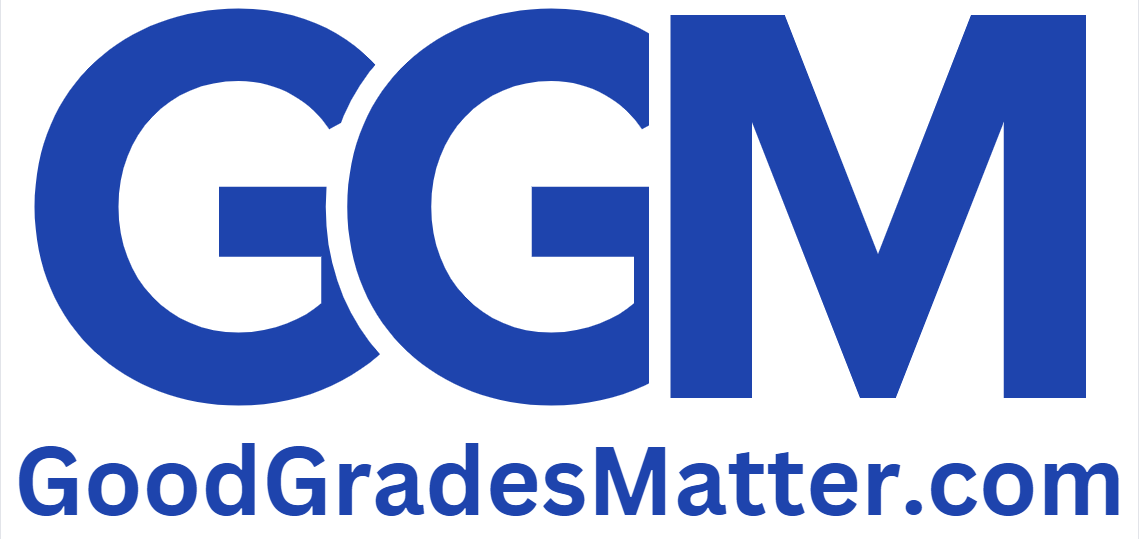| Arteriosclerosis | Thickening and hardening of the artery walls, leading to restricted blood flow. |
| Cardiovascular disease | A broad term for diseases affecting the heart and blood vessels. |
| Coronary heart disease | A condition where plaque builds up in the coronary arteries, reducing blood flow to the heart. |
| Diabetes mellitus | A group of diseases resulting in high blood sugar due to issues with insulin production or function. |
| Diastole | The phase of the heartbeat where the heart relaxes, allowing the chambers to fill with blood. |
| Diastolic blood pressure | The pressure in the arteries when the heart is at rest between beats. |
| Gestational diabetes mellitus | A form of diabetes that occurs during pregnancy, which can affect both mother and baby. |
| Hypertension | High blood pressure, a condition where blood pressure in the arteries is consistently too high. |
| Mammography | An X-ray exam of the breast used to screen for or diagnose breast cancer. |
| Mastectomy | Surgical removal of one or both breasts, usually as a treatment for breast cancer. |
| Plaque | A deposit of fatty material on the inner lining of an arterial wall, contributing to cardiovascular diseases. |
| Pre-diabetes | A condition where blood sugar levels are higher than normal but not high enough to be classified as diabetes. |
| Stroke | A condition where poor blood flow to the brain leads to brain cell death. |
| Systole | The phase of the heartbeat where the heart contracts to pump blood out. |
| Systolic blood pressure | The pressure in the arteries during the contraction of the heart muscle. |
| Transient ischemic attack (TIA) | A mini-stroke caused by a temporary interruption of blood flow to the brain. |
| Type 1 diabetes | A chronic condition where the pancreas produces little to no insulin. |
| Type 2 diabetes | A chronic condition where the body becomes resistant to insulin or doesn’t produce enough. |
| Breast cancer | A type of cancer that forms in the cells of the breast, most common in women but can occur in men. |
| Colon and rectal cancer | Cancer that starts in the colon or rectum, often linked to diet, age, and family history. |
| Prostate cancer | A type of cancer that occurs in the prostate gland, typically affecting older men. |
| Cancer risk factors you can control | Factors such as diet, smoking, physical activity, and exposure to carcinogens that can increase the risk of cancer but can be influenced by lifestyle changes. |




